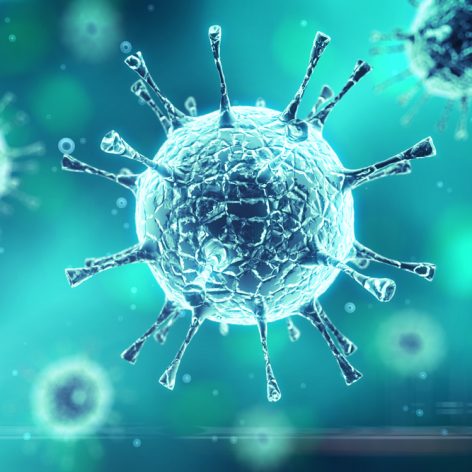On 22 May 2019, Harm WOPEREIS publicly defended his PhD thesis investigating the development of early life gut microbiota in health and allergic disease.
Gut microbiota in early life
Microbial colonization in our gut starts from birth, followed by the dynamic succession of different microbial groups early in life. The development of the gut microbiome from birth through to childhood is critical to establish a healthy symbiosis and furthermore infant nutrition plays a crucial role in steering the establishment of the gut microbiota and a healthy symbiosis.
Since this is the period in which infants encounter external stimuli for the first time, this is also the period that the immune system is trained in response to these. A growing body of research suggests an altered composition and activity of the gut microbiome may potentially influence the onset and persistence of several diseases. Gut microbiome perturbations in early life are thought to increase the risk of developing some of these multifactorial diseases, during a time where infant immunity, metabolism and cognition are still in development.
The rise of allergies
The epidemic rise of allergies in developed and developing countries during the last 60 years has led to an immense global health problem, which is expected to affect up to 4 billion individuals in the 2050’s. Cow’s milk allergy is one of the most common food allergies in infants and young children.
Human milk is the reference
Human milk is the reference, effectively shaping the infant microbiome, which is associated with optimal immune maturation and protection against infections and potentially also allergy. Human milk is the best source of nutrition for all infants, and breastfeeding has numerous short- and long-term benefits for both infants and mothers.
In this thesis, Harm Wopereis outlines that specific prebiotic and synbiotic (prebiotic + probiotic) ingredients can modulate the microbiota closer to that of breastfed infants leading to clinical benefits related to infection and allergy.
The findings of this thesis may contribute to the understanding and use of specific dietary strategies to modulate the gut microbiota in a manner that may be beneficial for a healthy immune development.
Harm Wopereis’s promoter is Prof. Dr Jan Knol, Special Professor intestinal microbiology of early Life, Wageningen University & Research and Research Director Gut Biology & Microbiology, Danone Research & Innovation, The Netherlands And Prof. Dr Willem M. de Vos, Distinguished Professor of Microbiology, Laboratory of Microbiology, Wageningen University & Research. Co-promotor is Dr Clara Belzer, Assistant professor, Laboratory of Microbiology, Wageningen University & Research.
Details PhD Defense:
Date and time: Wednesday, May 22 2019 at 16:00 hrs.
Location: Aula of the Wageningen University, Generaal Foulkesweg 1A, Wageningen, The Netherlands.

